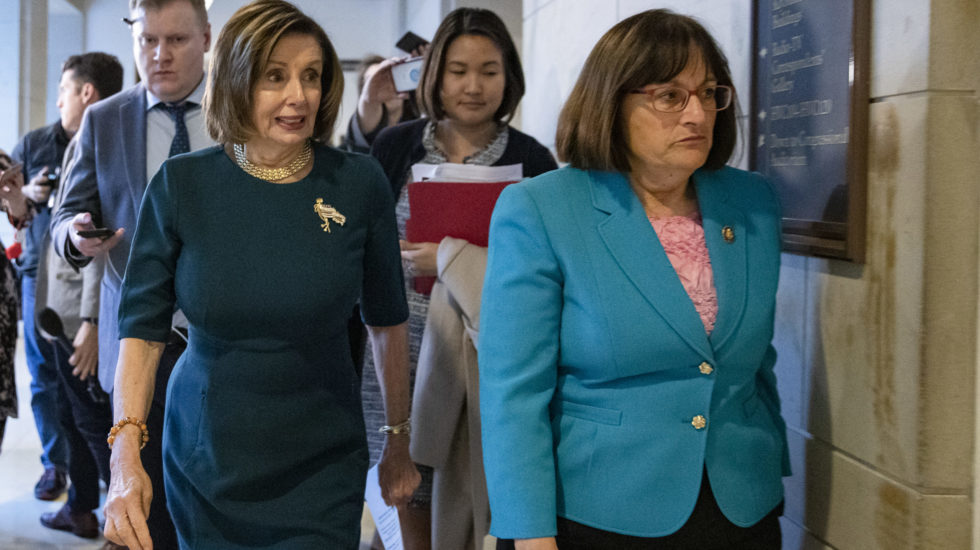When it comes to the Covid-19 coronavirus outbreak, one forecast from U.S. experts dominates all the others:
It’s going to get worse. Probably a lot worse.
Dr. Anthony Fauci, director of the National Institute of Allergy and Infectious Diseases, told lawmakers on Wednesday that “”If we are complacent and don’t do really aggressive containment and mitigation, the number could go way up … many, many millions.”
Fauci told members of the House Oversight Committee that the Covid-19 virus is 10 times as deadly as the seasonal flu.
Moments after Fauci spoke, the meeting was cut short and Fauci was suddenly called to the White House. His abrupt departure was not explained.
President Trump and his administration have thus far focused more on the economic threat posed by the virus than on its direct impact on infected Americans, who now number more than 1,000. More than 30 have died.
But lawmakers from both parties, especially House Democrats, aren’t having it.
Congress considered, then rejected, Trump’s proposed payroll tax break for sick and quarantined workers.
Instead, Speaker Nancy Pelosi will seek passage of a coronavirus aid package this week.
“House Democrats met behind closed doors to finish crafting the package,” reports the Associated Press.
The World Health Organization officially declared the Covid-19 outbreak a global pandemic on Wednesday, as the number of cases worldwide topped 120,000.
At a meeting Tuesday on Capitol Hill, Trump “presented Republican Senators with several potential actions Congress could take as lawmakers look to avert disastrous economic impacts from the virus” and was “eager to show that he was taking charge of the federal response to the burgeoning crisis, including the potential financial fallout associated with it,” reports Politico.
But Rep. Richard Neal (D-MA), chairman of the House Ways and Means Committee, told Politico that other things must come first — things the Trump administration has been slow, or clumsy, in addressing.
“Testing is the priority. Paid family leave. Employment insurance. Job security. Food security,” Neal said.
Outside Washington, state governors of both parties worry about being “on the front line of the escalating health crisis,” reports the New York Times.
Their biggest concern: an extreme shortage of virus testing kits.
“The administration’s challenge in delivering coronavirus testing kits to the states has been one of the most pressing concerns among governors,” the Times says.
Trump has promised that “anyone who wants a test can get a test,” but his own health secretary, Alex Azar, warns that “anyone” means only those who’ve consulted with a physician or other medical professional, the Times says.
Meanwhile, reports the Washington Post, administration officials are “racing to develop contingency plans that would allow hundreds of thousands of [federal] employees to work remotely” from home, which it calls “an extreme scenario … that would test whether the government can carry out its mission from home offices and kitchen tables.”
“Anxious employees are waiting for instructions that have so far been uneven,” the Post says. “The Pentagon says it’s moving quickly to ask employees who can to sign new telework agreements. The Internal Revenue Service, at the height of tax season, is not. Officials are expecting large numbers of absences in either case.”



